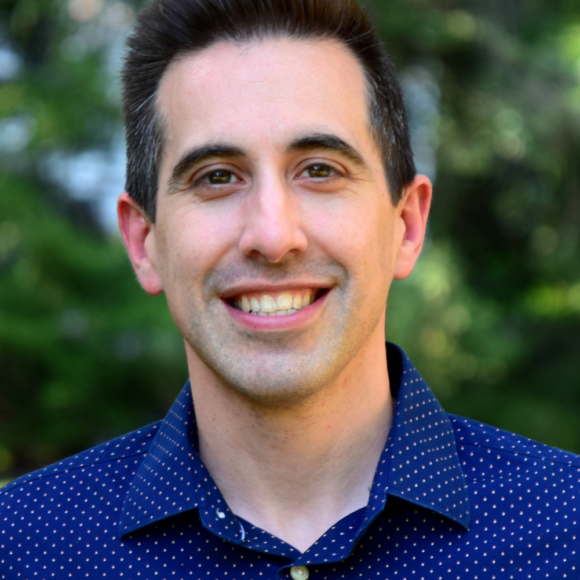Dr. Max Tischfield is an assistant professor in the Department of Cell Biology and Neuroscience, Rutgers School of Arts and Sciences, and a core member of the Child Health Institute of New Jersey. He earned his BA degree from Rutgers College and was a Henry Rutgers Thesis Scholar in the Department of Cell Biology and Neuroscience. As an undergraduate student with Dr. James Millonig at the Center for Advanced Biotechnology and Medicine, he studied transcriptional control of cerebellar development and received the outstanding undergraduate award. As a graduate student in the Program in Neuroscience at Harvard Medical School, he cloned and functionally characterized a series of human gene mutations that affect the development of the brain and surrounding blood vessels. His pioneering work helped define the human tubulinopathies, a series of brain malformations that result from gene mutations in microtubule proteins. Dr. Tischfield received the National Pre-doctoral Finalist Award by the American Society of Human Genetics in recognition of his work. During his post-doctoral studies at Johns Hopkins Medical School (Jeremy Nathans) and Boston Children’s Hospital (Elizabeth Engle), Dr. Tischfield studied the blood barrier. He also characterized dural venous sinus malformations in children with craniosynostosis and discovered that paracrine BMP signaling from the skull and dura is critical for cerebrovascular development. Current work in his lab investigates how changes to intracranial pressure and cerebrospinal fluid flow affect the development and functions of meningeal lymphatic vessels and the glymphatic system in craniosynostosis, aging, and Alzheimer’s disease.

Max Tischfield, PhD
Assistant Professor Department of Cell Biology and Neuroscience
